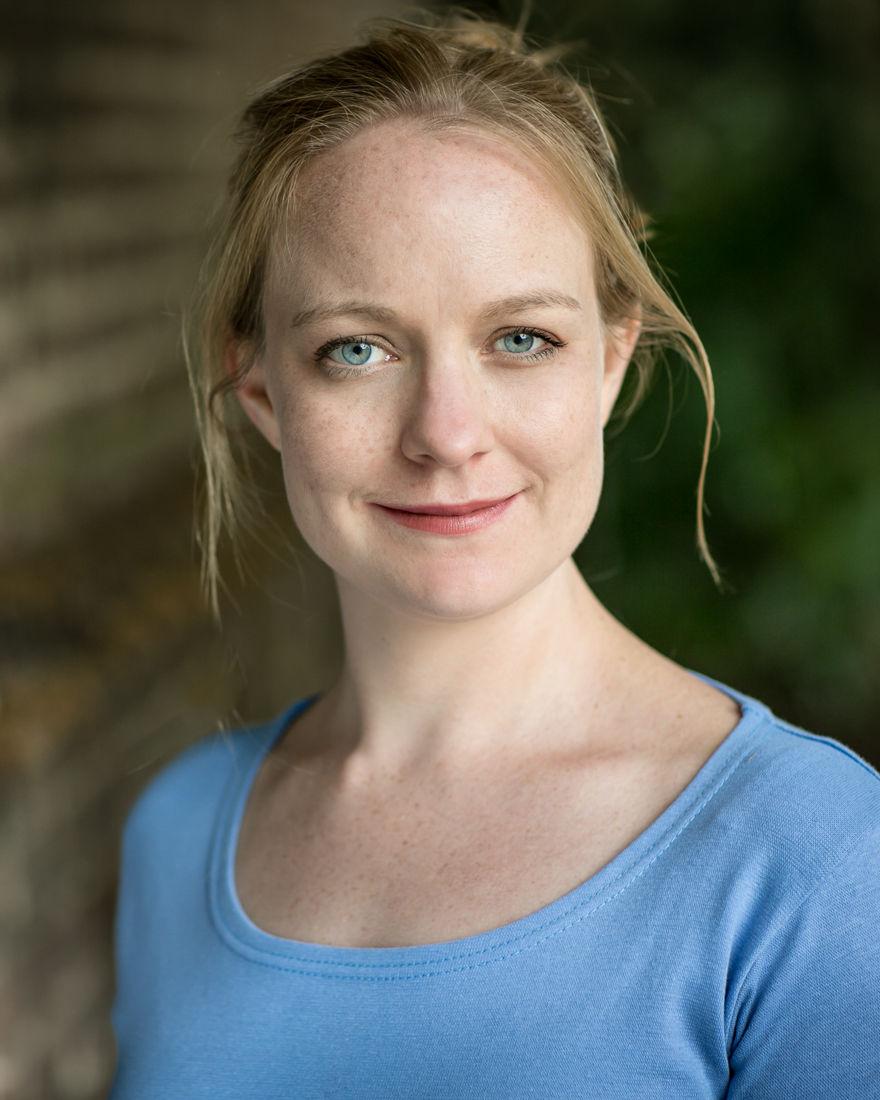We recently connected with Lizzi Albert and have shared our conversation below.
Lizzi, looking forward to hearing all of your stories today. We’d love to hear about when you first realized that you wanted to pursue a creative path professionally.
I was 13 years old and playing my first leading role: Juliet in a 1960s-era Romeo and Juliet, complete with go-go boots, a Rolling Stones soundtrack, and my very first crush, a skinny redhead named Joe, as Romeo. We performed in the black box theater of the local college and it all felt VERY legit. But despite the costumes, the fake blood, and the stage kisses (my first), the most magical moment for me actually came during Juliet’s potion speech, alone on stage at the end of Act 4. My acting teachers had coached me through every beat, including the moment where Juliet begins to think she sees Tybalt’s ghost. On that line, I looked out over the audience, above the heads of our proud friends and family, and let my eyes grow wide with horror as I spoke the lines “Methinks I see my cousin’s ghost/seeking out Romeo, that did spit his body/upon a rapier’s point! Stay, Tybalt, stay!” The magical moment came when I saw the audience begin to twist around in their seats to see what it was I was looking at. I had sold the moment so well they looked for the ghost themselves. Apart from earning a laugh here and there, or the “ooooooh” of fellow preteens when they saw two of their classmates kiss, it was my first experience of seeing that I could affect an audience: that I could make them see what I, what Juliet, saw.
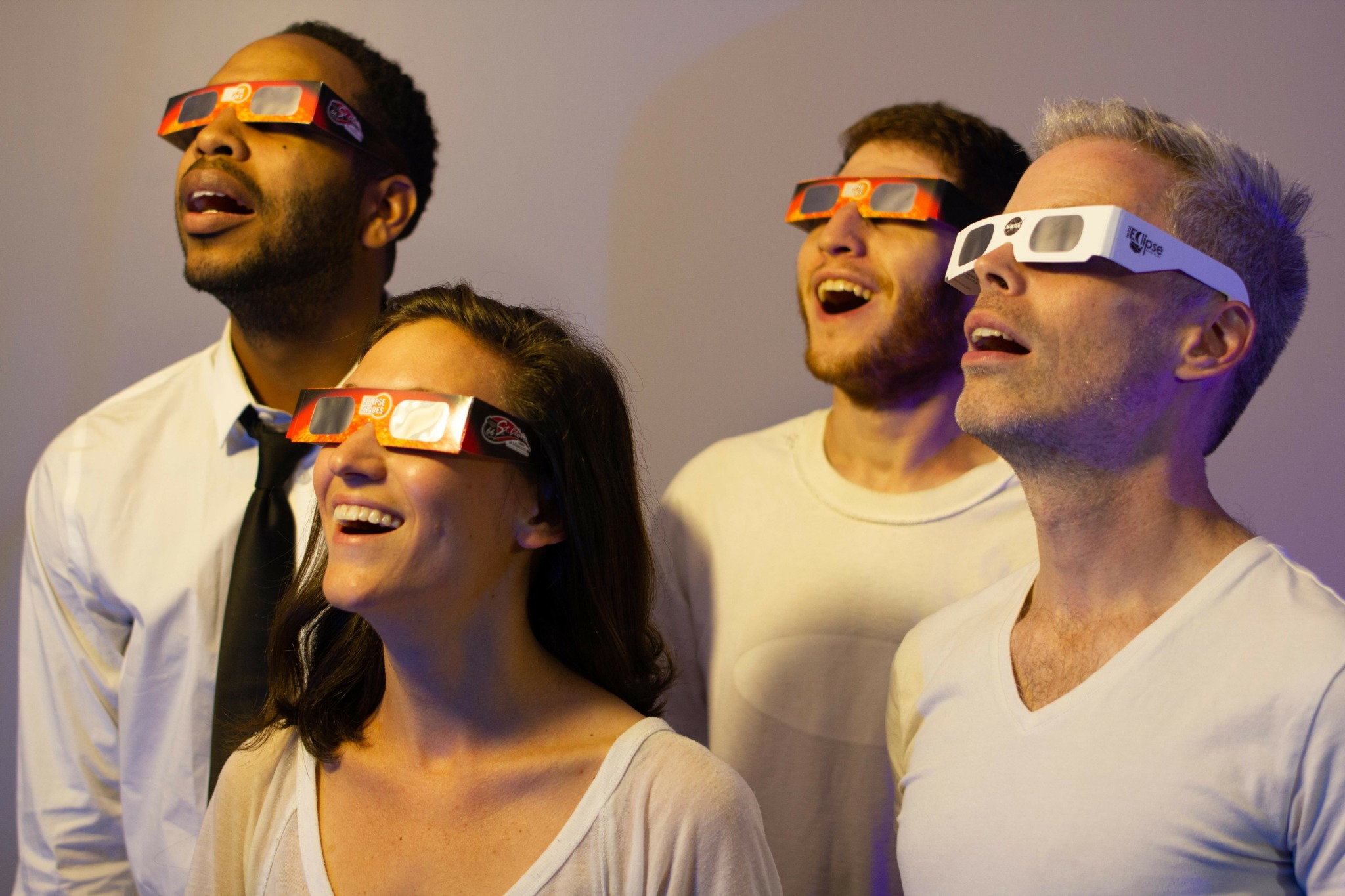
Lizzi, before we move on to more of these sorts of questions, can you take some time to bring our readers up to speed on you and what you do?
I’m an actor, theater director, teaching artist, and recently became the co-artistic director of Perisphere Theater Company, a small professional theater in Maryland which produces plays that examine personal and collective history and the notion of history itself. I had the theater bug from a very young age, and unlike most of my friends, just never grew out of it. I got my BFA from New York University, then moved back to my hometown of Washington, D.C. while I figured out how to work towards a career in the performing arts. D.C. turned out to be an amazing theater town, especially for someone like me who doesn’t sing and leans toward classical theater. Over the last decade-plus I’ve worked extensively with the Baltimore-based Chesapeake Shakespeare Company, playing roles as diverse as Anne Boleyn in Anne of the Thousand Days, Cecily Cardew in The Importance of Being Earnest, Electra in The Oresteia, and Viola in Twelfth Night, as well as working on other classical and contemporary productions throughout the region. I’ve taught acting to all age groups and recently started teaching my first college course, a survey focusing on Shakespeare’s early plays.
I’ve also been lucky enough to be able to build up my directing career over this period. I’ve found that while every acting job seems to require fighting tooth and claw, if you establish yourself as a capable director, those opportunities come to you. Two of my favorite directing projects have been an all-female Macbeth at a women’s college and a slate of five new short plays written by my friend and local playwright Jack Novak, all of which had a semi-apocalyptic theme. As a director, I strive to lead with a clear vision but to also establish a collaborative environment where everyone’s ideas are heard. I’ve often had my most meaningful experiences when there’s something that scares or confuses me about a project, because I’m forced to work through it and come up with a coherent interpretation rather than coasting through on vibes. I’ve worked with so many talented directors and I try to take something useful from each process into my future work. I’ve always prioritized clear storytelling and truthful acting, but going forward I’m interested in exploring more of the visual and experiential side of directing. My next directing project is a play about a painter, and I’m already trying to brainstorm creative ways to bring that into the staging and design.
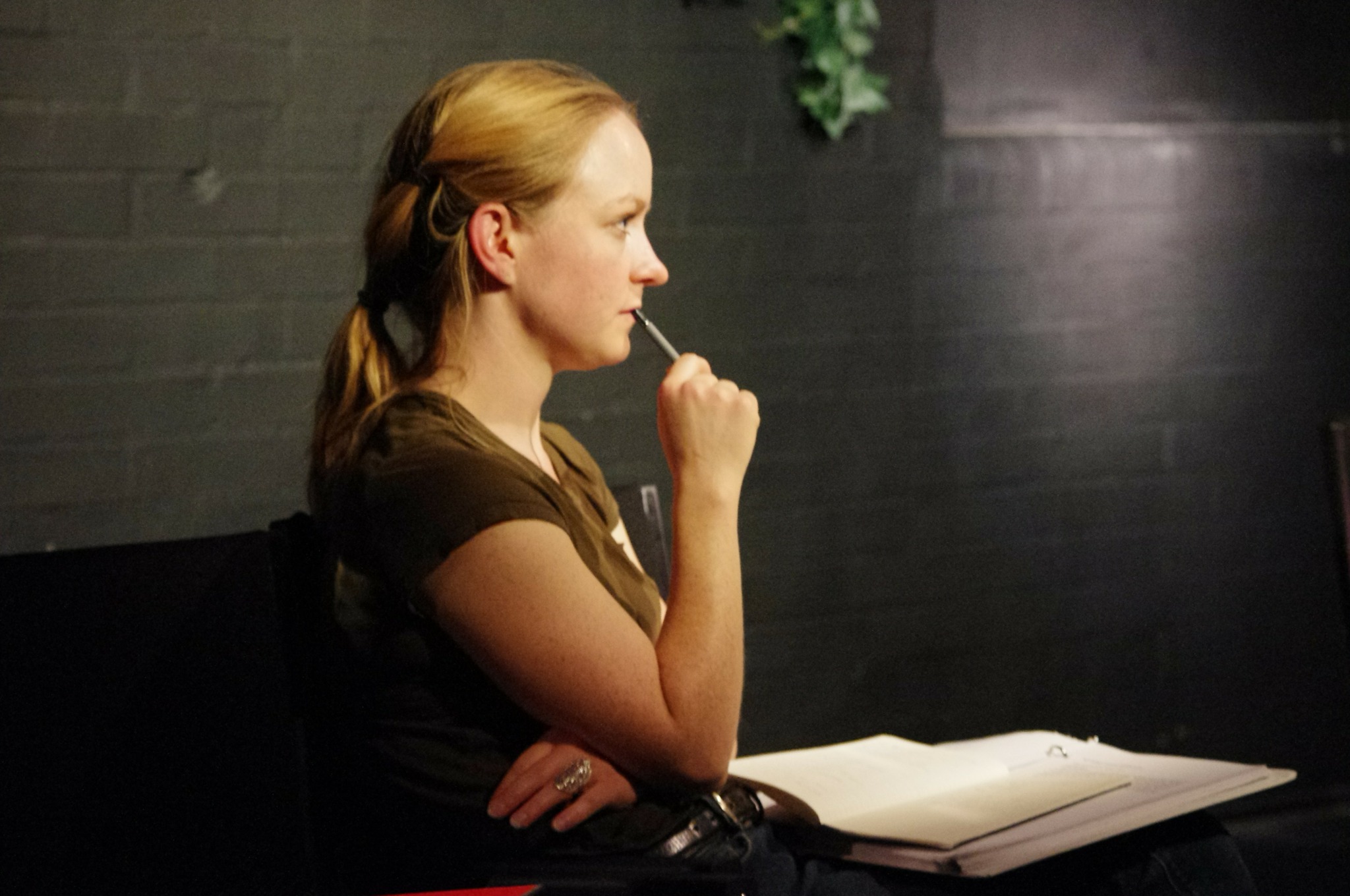
In your view, what can society to do to best support artists, creatives and a thriving creative ecosystem?
Come see our work, donate money, and support progressive economic policies. The best art has an element of the unexpected, challenging, or uncomfortable; that’s what pushes us to grow and change. These pieces are crucial for the development of work that’s moving, illuminating, or perspective-changing, but they are often not “commercial,” Even art that IS broadly popular is not typically financially self-sustaining unless it’s scaled on the level of a Taylor Swift stadium tour, a thousand-seat, twenty-year Broadway run, or an advertiser-funded network television show. If you want people to continue to produce eccentric, interesting, creative work you can experience in a more intimate setting–a black box theater or independent gallery, a jazz club or poetry reading–buy tickets, buy books, buy art, and support government funding for the arts and affordable housing. Just because you enjoy our work (and we may even enjoy making it), that doesn’t mean that it’s not still highly skilled work, and that we haven’t put in years of training and practice to be able to do what we do. We may never be rewarded under capitalism, but there are policies you can support to make it possible for artists to continue to live, work, and enrich the community you live in.
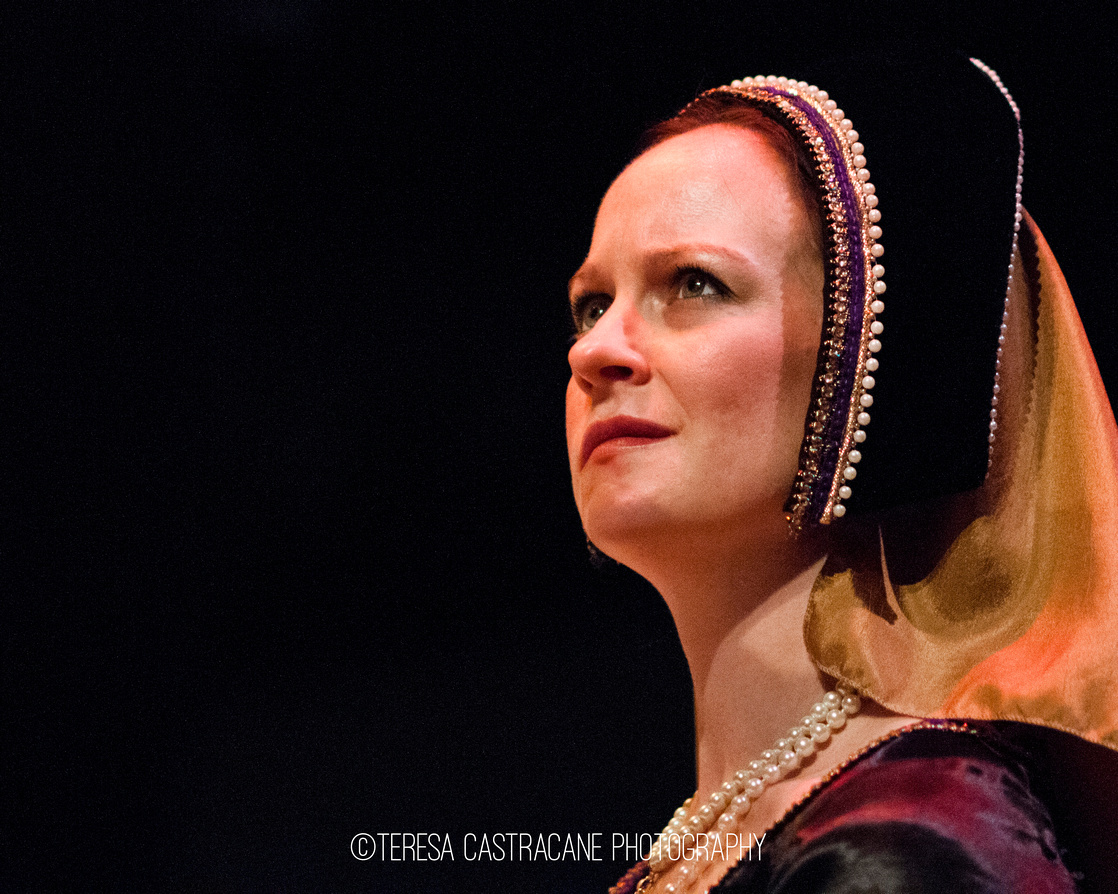
Are there any books, videos or other content that you feel have meaningfully impacted your thinking?
These are almost all classics, but I still think about them all the time. The first is Stephen Covey’s The Seven Habits of Highly Effective People, which I read in college. It’s a business book and it reads like a business book, but his basic principles are unimpeachable, and he introduced me to many ideas I still refer back to: the personality ethic versus the character ethic, the concept of a paradigm shift, and the idea of leading a life centered around your principles, rather than any single area such as family, career, health, etc. It’s been a huge help in reducing how much I worry about what others think about me, since I now try to interrogate my own sense of values–my principles–to see whether or not I have anything I need to question about my own behavior, rather than endlessly trying to guess what others think.
The second is the Artist’s Way, by Julia Cameron; again, a bit of a cliche, but it was transformative for me in my early twenties. It’s an antidote to the hustle and grind, overly result-oriented mindset it can become so easy to get caught up in, and an argument for embracing the pleasurable, the unexpected, the decadent–AND for taking yourself and your artistic practice seriously without trying to overly control the results. It’s a manual for getting in touch with yourself and your own tastes, and the insight that “jealousy is a map”–it’s something that points to someone doing what you yourself WISH you were doing–may change your life.
Finally, I can’t recommend enough the work of Andrew Simonet, particularly his short book “Making Your Life as an Artist.” It deals with the practicalities of living as an artist in contemporary American society, with chapters on money, time, mission, and planning, and my creative friends and I return to it again and again. Like the Artist’s Way, Simonet is looking to liberate artists from some of the self-negating cliches of our society, as well as to offer very approachable tools for making the struggle just a little less hard.
Honorable mention to “Letters to a Young Poet” by Ranier Maria Rilke; “live in the questions” is something every recovering overachiver needs to hear.
Contact Info:
- Website: https://www.lizzialbert.com/
- Instagram: @lizzi.albert
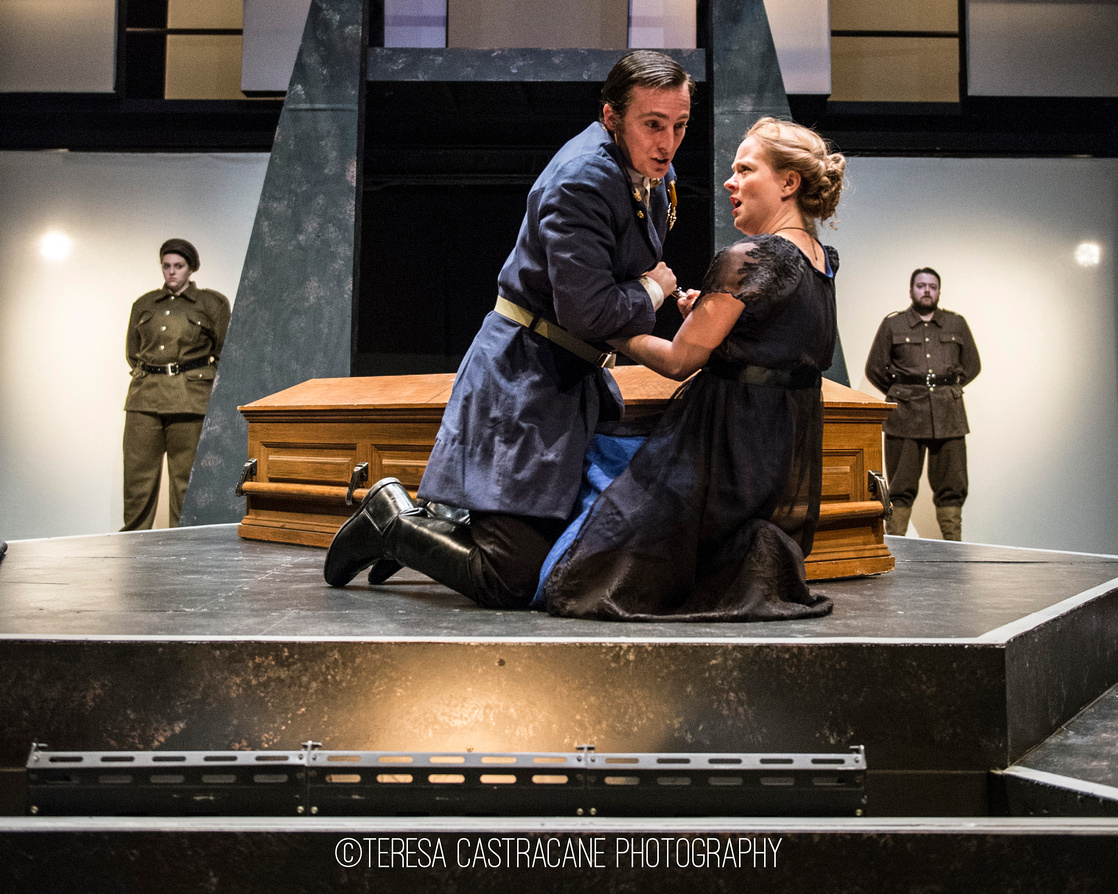
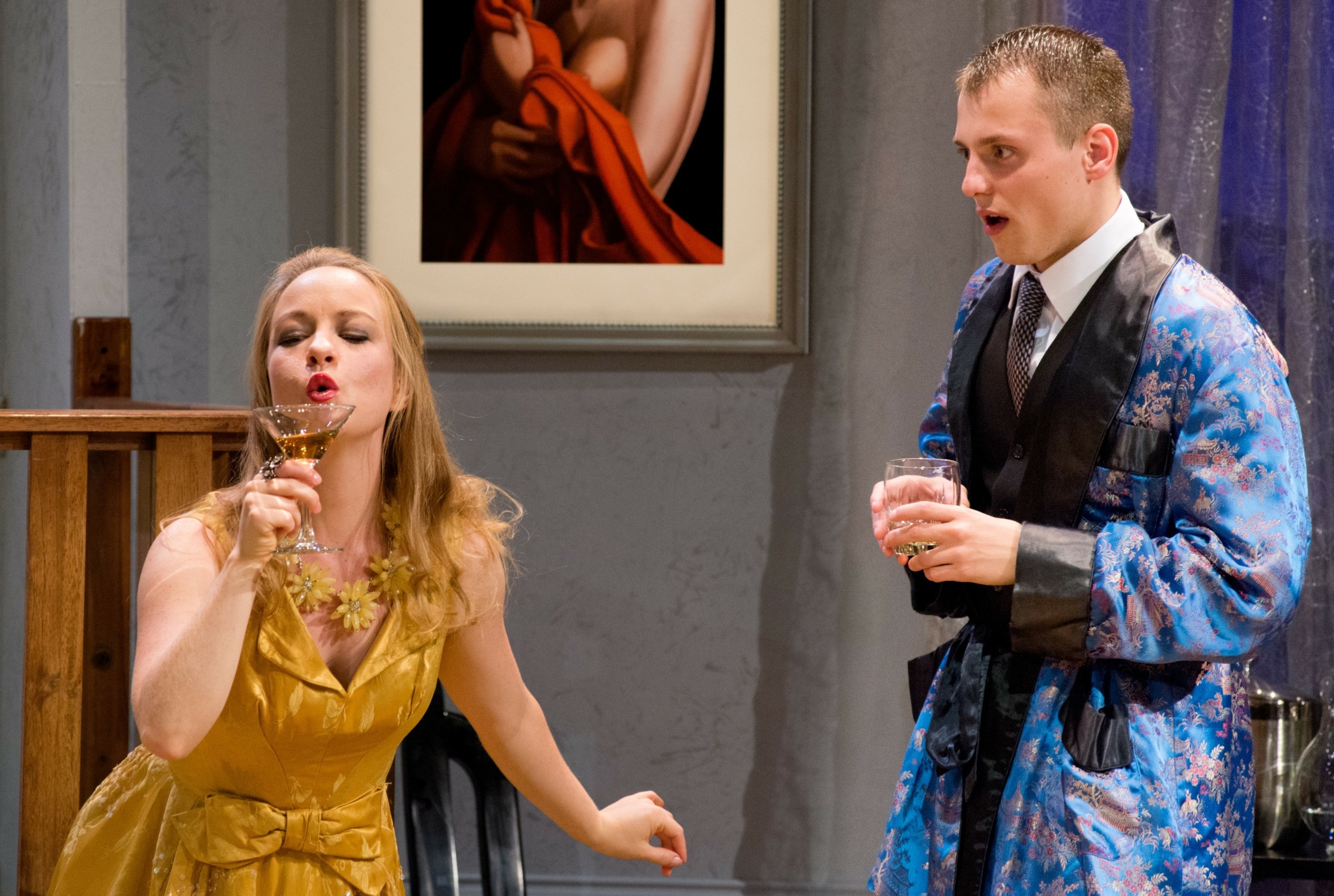
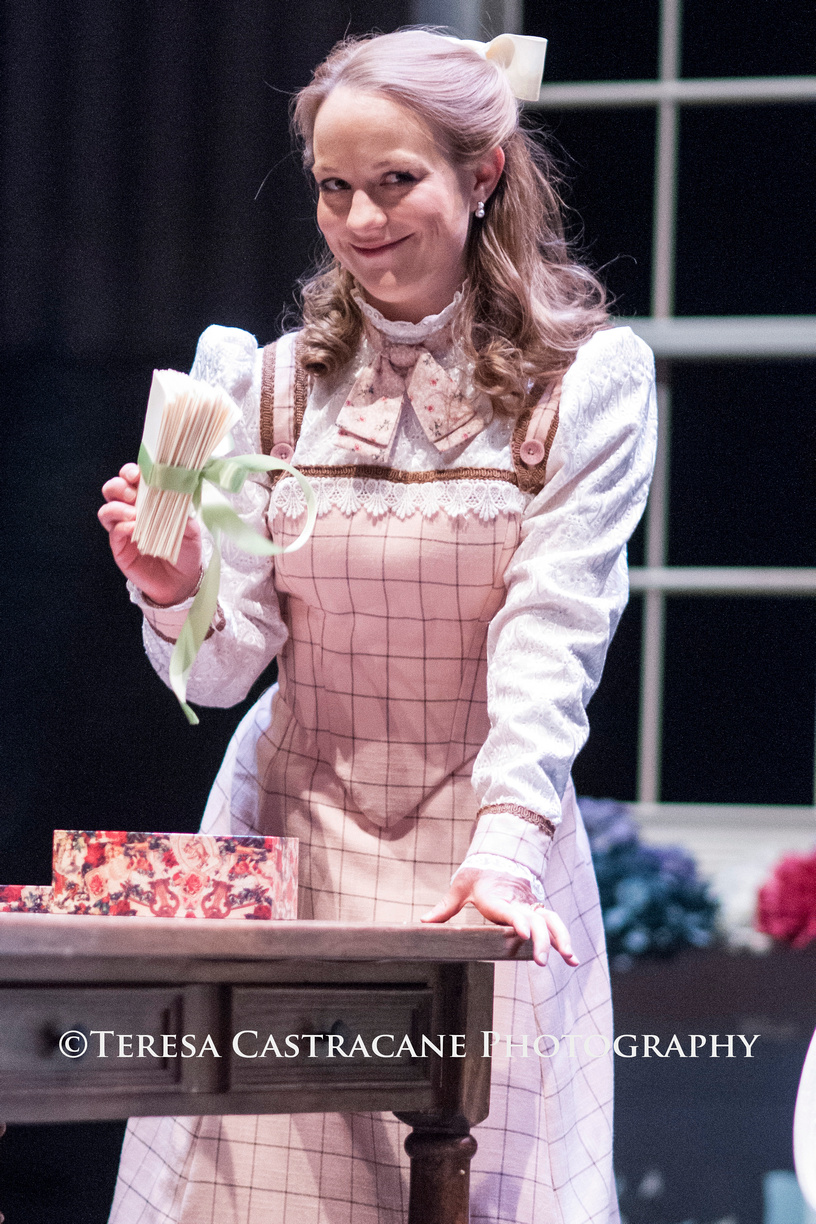
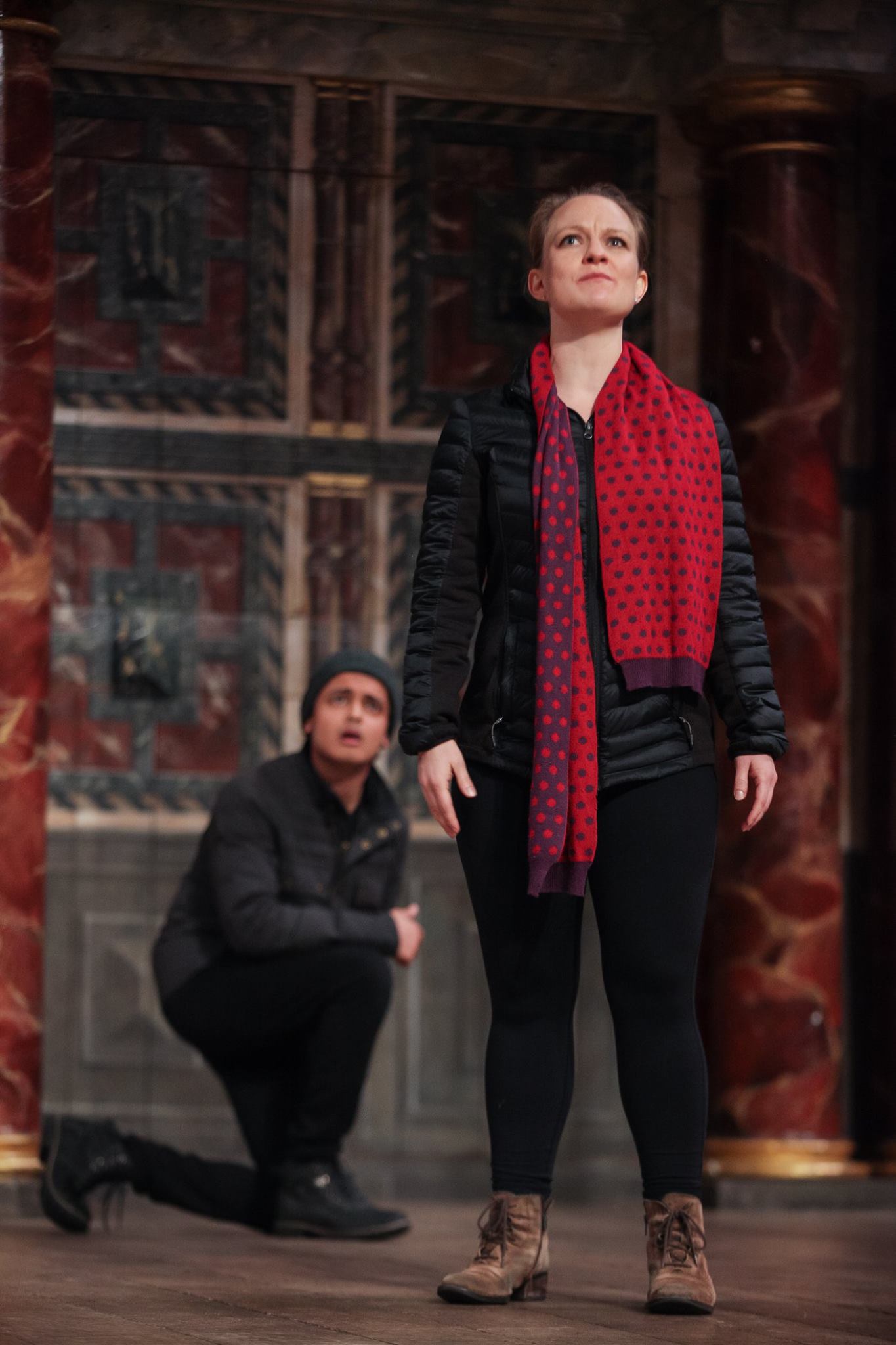
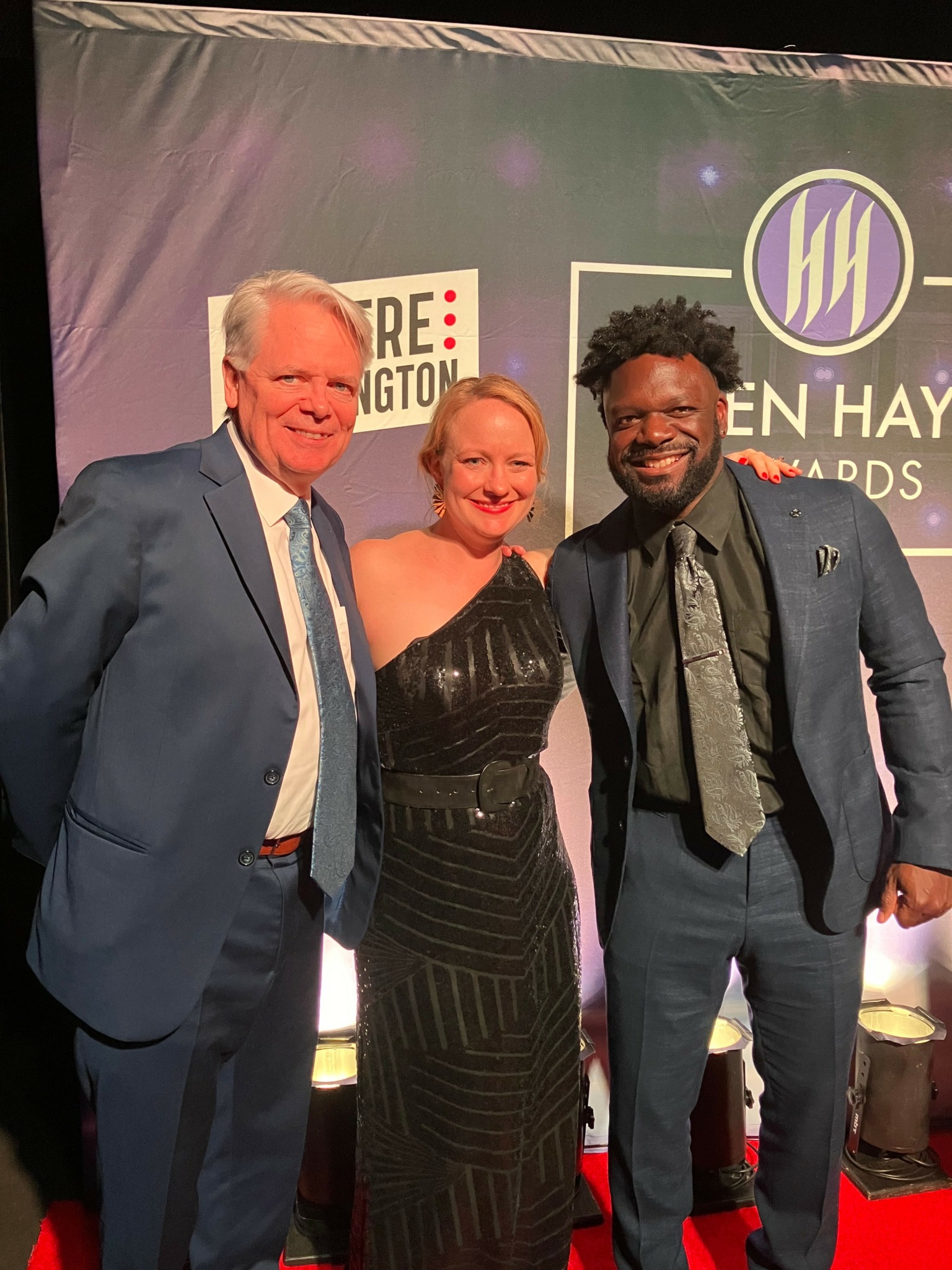
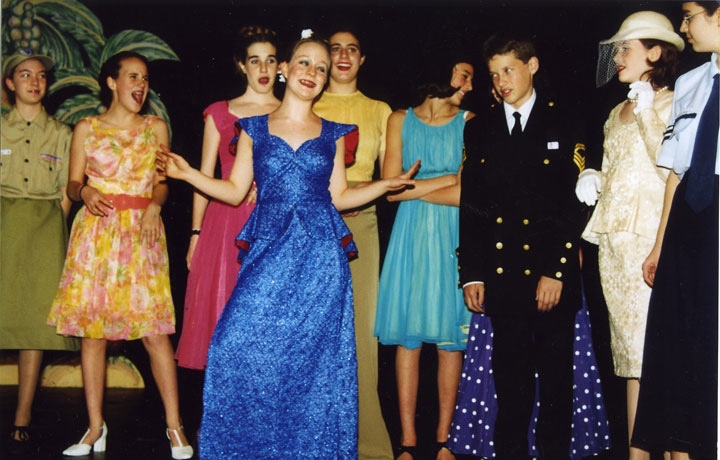
Image Credits
Megan Novak, Jean Thompson, Teresa Castracane, Johannes Markus.


